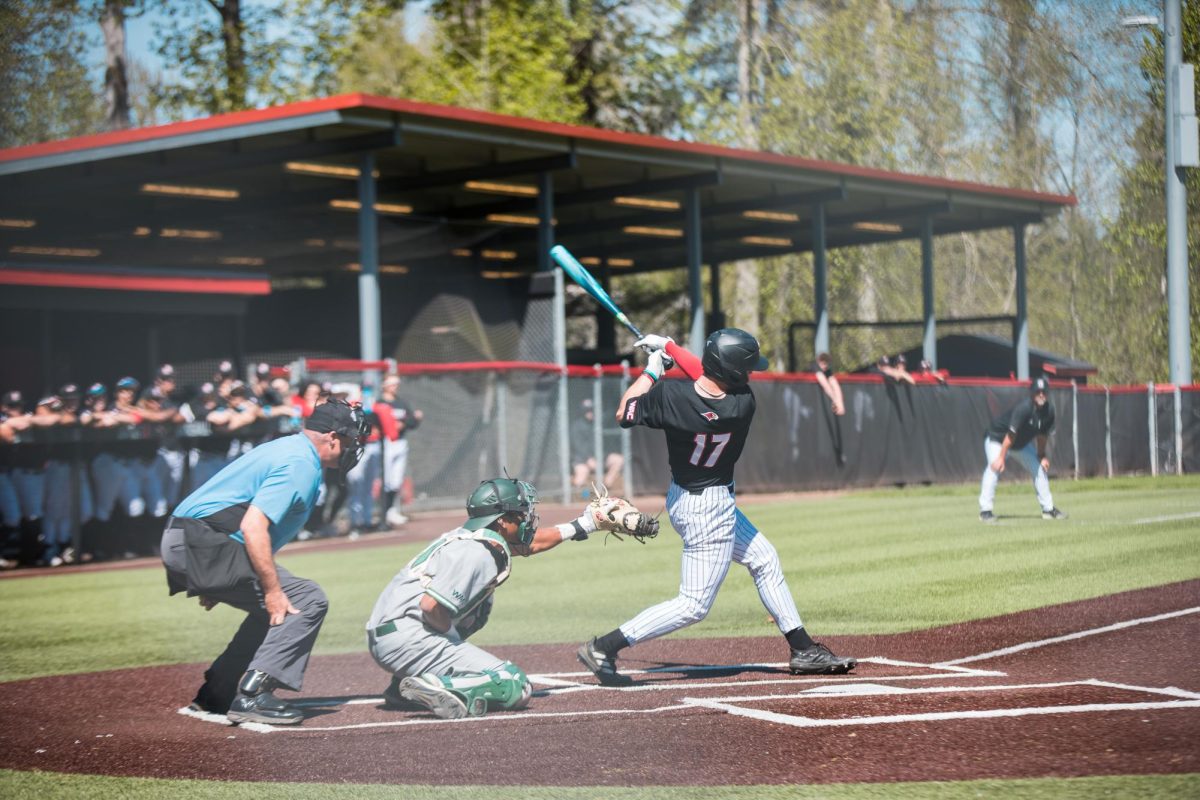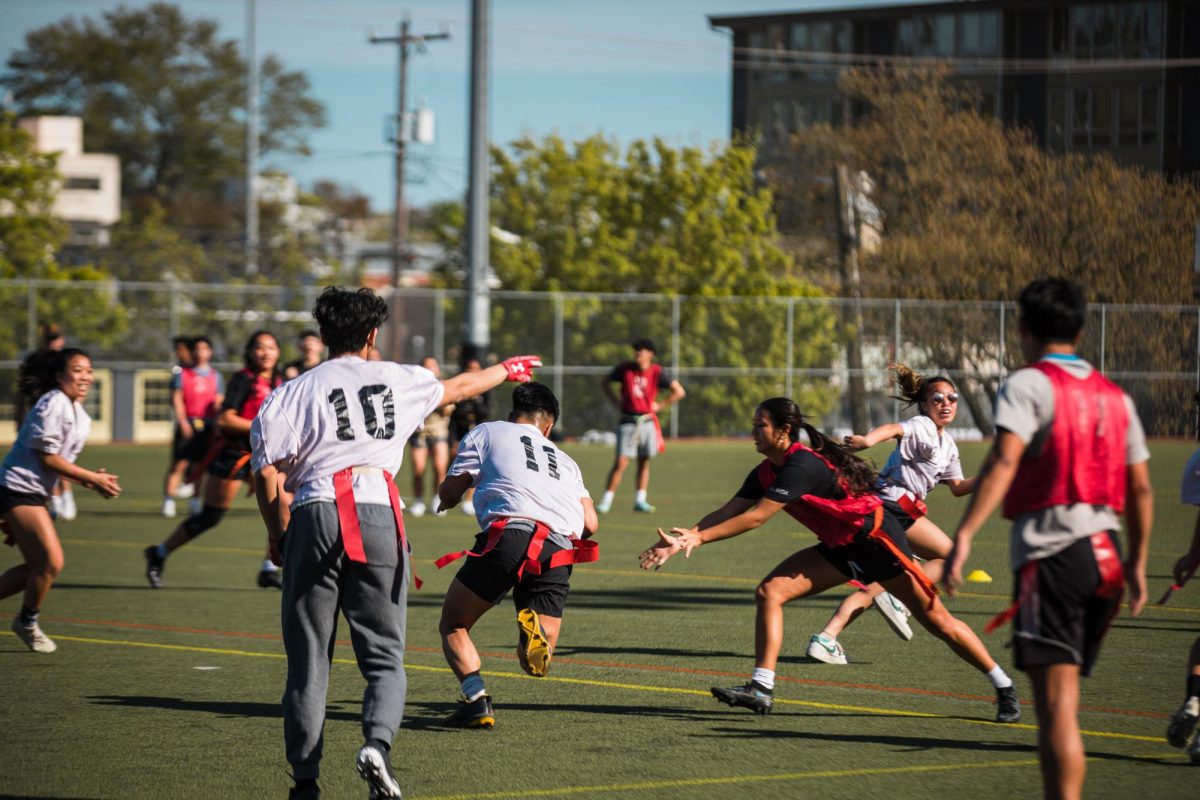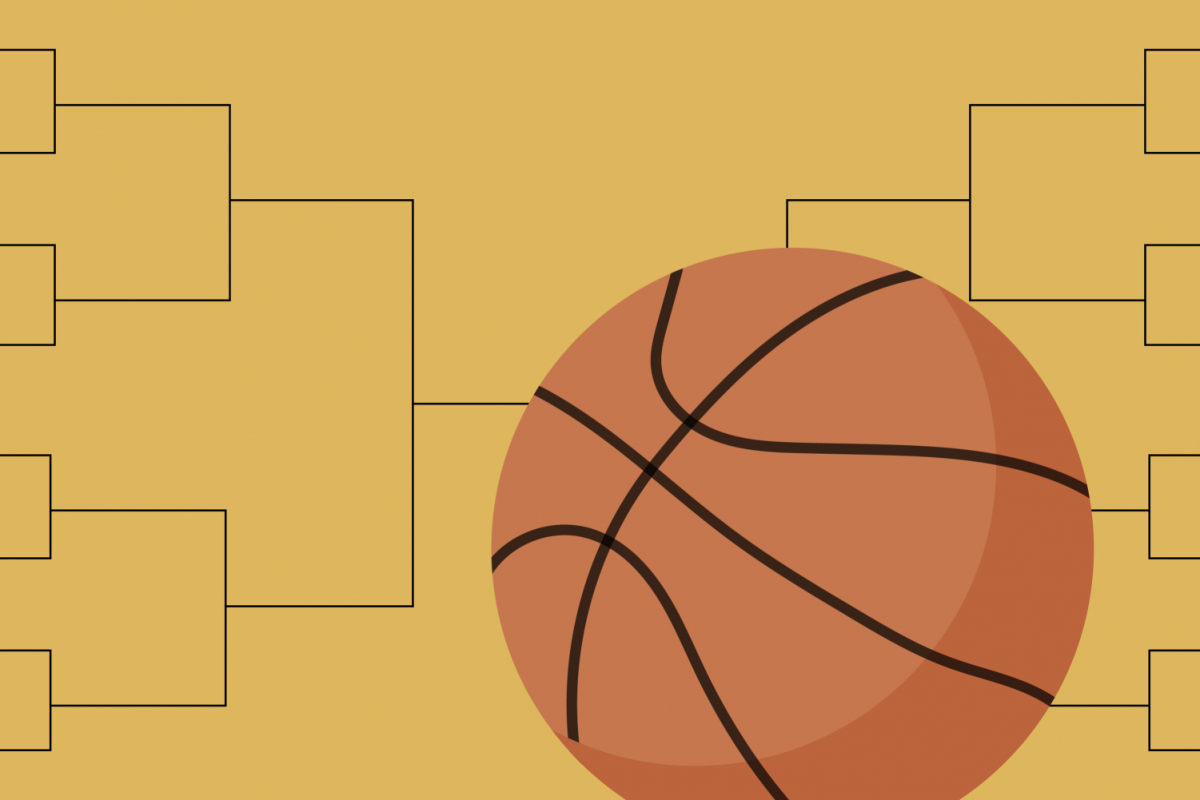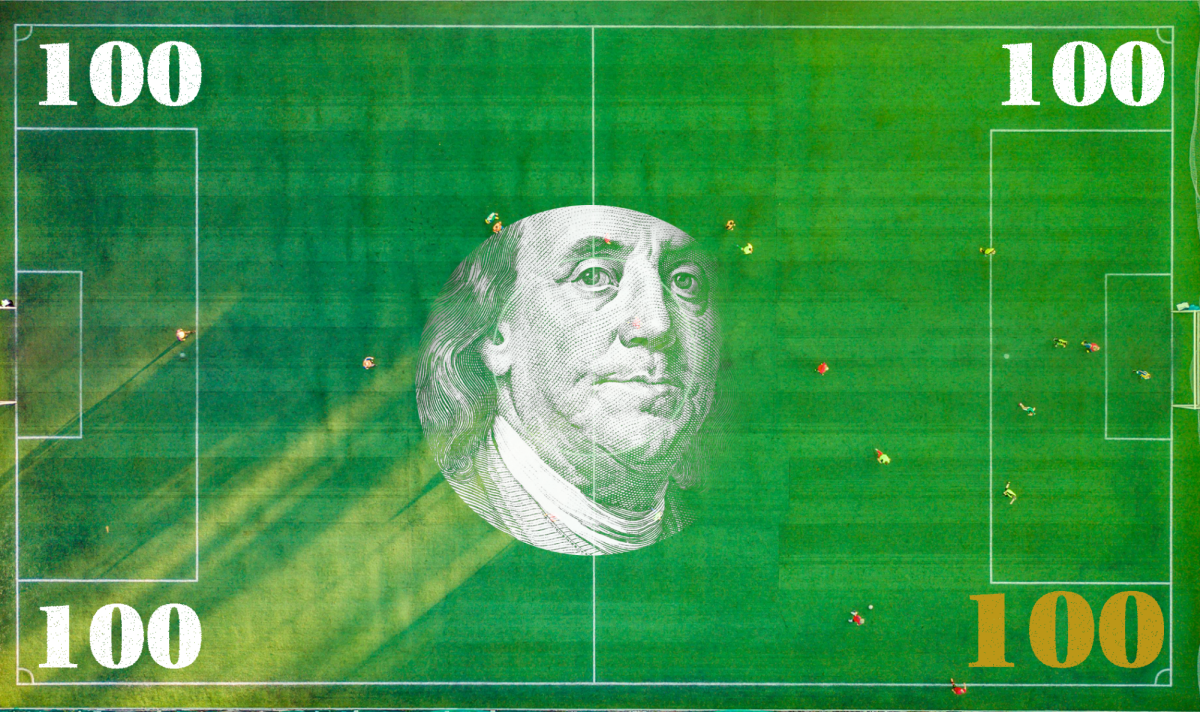We all have activities we enjoy and sometimes use as a form of procrastination, it’s only natural to get tuned into a new television show or a recently released game and kind of lose your sense of time.
One of these activities has recently become even more popular in youth culture than in recent years, and a great deal of teenagers and young adults have taken up this specific activity as a weekly ritual.
Fantasy football began in 1963 in Oakland, Calif., founded by a limited partner of the Oakland Raiders Wilfred Winkenbach and a few of his associates from the Raiders. The first league was called the Greater Oakland Professional Pigskin Prognosticators League (GOPPPL).

Seattle University students Katrina Garborg and Elena Schensted react while watching football in the Campion fishbowl.
How did the idea of a fantasy football league reach the public? In 1969, one of the original creators of the GOPPPL, Andy Mousalimas, brought the game to his sports bar in Oakland, where interest began to grow as the game got more of a response from the community.
Although there were other fantasy football leagues across the country, it wasn’t until 1997, when CBS launched the beta version of the first publicly available free fantasy football website, when popularity for the game spanned across the country. Within the next three years, all of the major sports media websites launched hosting websites for the game. The game is now the singular most important marketing tool for the NFL; it is “estimated that over 19 million people compete online nationally.
The rules for the game are pretty simple. The annual draft allows each fantasy football league to pick their NFL players. Once the team is assembled, the person in control of the team will decide which players will start each week for the games. The NFL players earn their team points based on their performance in the weekly games. League members can switch up their starters weekly depending on the player’s performance.
Sophomore Harrison Bucher has been playing fantasy football for about four years, and is currently in a league with 10 other Seattle University students including sophomore Christian Otsuku. Bucher says that the game is not that time consuming.
“All you have to do is set up your team on Thursday night for the upcoming game and then just check your points afterward,” said Bucher.
The two usually work on their teams and focus on the game throughout
the week.
“Pretty much the only playing is setting up your team, drafting and picking up or dropping off players,” said Otsuku.
According to Bucher, the Fantasy Football season is only 13 weeks long, in correspondence with the NFL’s 17-week season. After the 13 weeks, the top four teams of each league go on to the playoffs, which continue through the rest of the actual NFL season.
Based on their time spent playing fantasy football, the two now are able to cheer for a greater number of teams, making them feel more connected to the NFL.
“When you’re watching the game, [the game] gives you something else to do while watching it, like cheer on a team or a specific player,” Otsuku said.
To check out more about Fantasy Football, visit the NFL.com website for your free pass to procrastination and enter the world of fake statistics.







![The 2024 NBA Playoffs’ Best Moment May Be the First Round [Opinion]](https://seattlespectator.com/wp-content/uploads/2024/04/NBAPlayoffWeb-1200x791.jpg)



